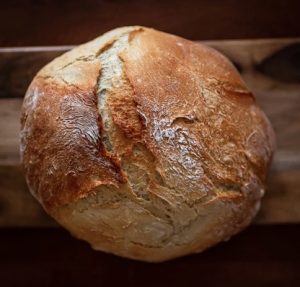Dear readers,
Over the years, one of the most common questions I’m asked is, “Do you know where can I get some insights on ____ from a Hebraic perspective?”
…the Lord’s Prayer?
…Jewish wedding traditions?
…Paul’s words about being a “fragrant offering”?
…the parable of the Ten Virgins?
…Psalm 23?
If I’ve got time, I try to respond and share a link or two from my writing or from a good source I’ve read.
One day I was thinking, wouldn’t it be great if I could give people a “Hebraic Studies Search Bar”? There are about a half-dozen sites that are my short-list when someone asks me a question like this. They have an abundance of articles that specialize on the Hebraic context of Christianity, but are quite readable for non-experts. Of course they include ones with my own writing, but some of my colleagues and mentors have shared a lot of material too.
Well, I have a little gift for you. I made a “Google Custom Search” bar that does this very thing. If you go to the EnGediResourceCenter.com search page, the bar searches just the short list. (The sites are listed on the EnGedi search page.)
Try it out!
.
I thought it did quite a good job of pulling up pertinent articles, and I like to use it myself. It’s not comprehensive, but you can always go back to Google.
~ Lois


